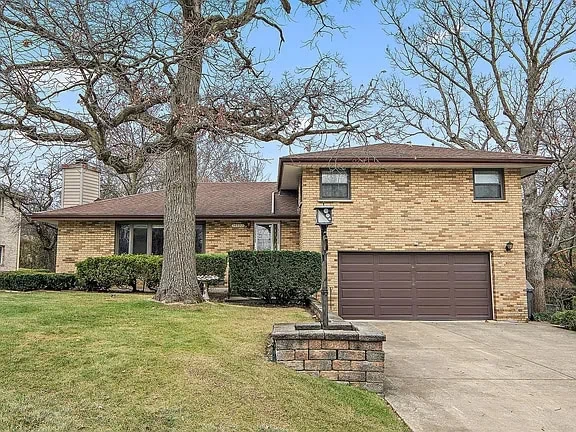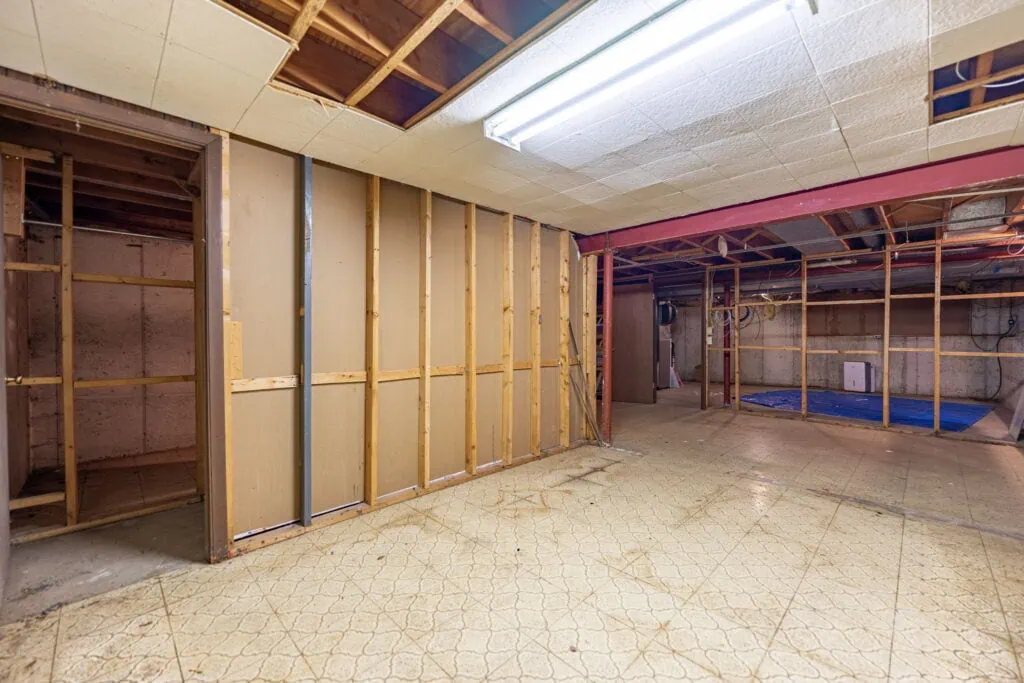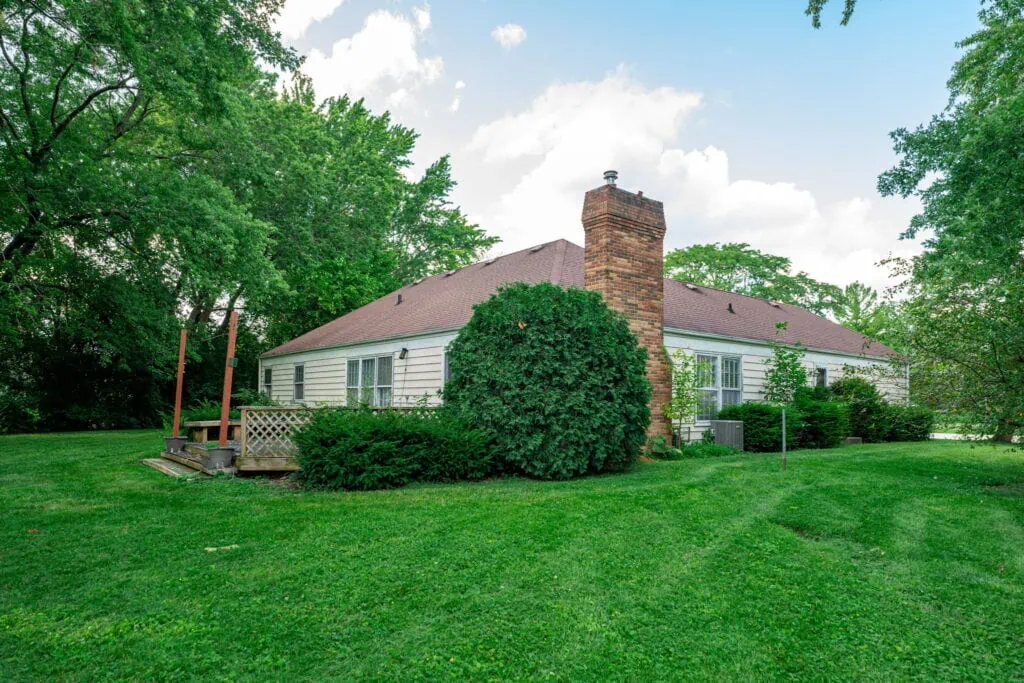Inheriting a home can feel like both a blessing and a responsibility. On one hand, it may hold deep sentimental value and come as a gift from a loved one. On the other hand, it often brings with it unexpected decisions, maintenance costs, legal obligations, and emotional strain. For many in Chicago, receiving an inherited property means facing the question: What now?
At Two Rivers Properties, we work with homeowners across Chicago and the surrounding areas who find themselves in this exact position. Inherited homes can quickly become financial burdens, especially if you’re not planning to live in the property or manage it long-term. If you’re thinking, “Should I sell my inherited house fast in Chicago?” this guide will walk you through all the options, challenges, and practical next steps.
Step One: Understand the Legal Landscape
Before doing anything with an inherited property, you must first understand its legal status. If the home was included in a will, it typically goes through a legal process known as probate. Probate is the court-supervised process of transferring ownership from the deceased individual to their heirs. Depending on how the property was titled and whether the estate has any debts, probate can take anywhere from a few months to over a year in Illinois.
During this time, you may not be able to sell or modify the home until probate is resolved. If there are multiple heirs named, the home cannot be sold without mutual agreement unless the court intervenes.
In some cases, the property may have been placed into a living trust or transferred via joint tenancy or a transfer-on-death deed. If that’s the case, probate may be avoided entirely, allowing you to take immediate ownership.
The best course of action is to consult with a probate attorney to ensure the title is properly transferred and all debts tied to the estate have been addressed. Only then can you safely make decisions about what to do with the property.
Assess the Financial Burden of Ownership
Once the title situation is clear, take a close look at the financial implications of keeping the home. Just because you inherited the house for free doesn’t mean it won’t cost you money. Many homeowners quickly realize that the ongoing expenses add up fast.
Start by considering the basics: property taxes, utilities, insurance, and general maintenance. If the house has been vacant for some time, there may also be deferred maintenance issues or code violations to deal with. Some inherited homes need major repairs before they’re safe or livable.
You should also look into whether there’s a mortgage or home equity loan tied to the property. In some cases, heirs inherit not only the assets but also the debt. Even if the loan is relatively small, you’ll still need to continue making payments, which may not be financially feasible if you’re already paying a mortgage on your own home.
The more you understand the financial realities of the property, the easier it becomes to decide whether keeping or selling makes more sense.
Explore the Emotional Weight of the Property
For many people, the hardest part of inheriting a home isn’t financial, it’s emotional. A house left behind by a parent, sibling, or grandparent often carries memories, traditions, and attachments. These feelings can make it hard to let go, even when the practical reasons to sell are clear.
This emotional conflict can lead to delays in decision-making. Months or even years may pass before anything is done with the home, during which time the property deteriorates, expenses mount, and family tensions grow.
It’s okay to take time to grieve and reflect, but it’s also important to be realistic. If the home is causing you stress, taking up time, or pulling you away from your own family or responsibilities, it may be time to move forward.
Selling doesn’t erase the memories. It simply frees you from the weight of maintaining something that no longer serves you. If your goal is to honor your loved one’s legacy while also creating space for your own life, selling may be the right choice.
Weigh the Pros and Cons of Renting
Some heirs explore the idea of turning the home into a rental property. While this can be a way to generate income, it’s not always as simple or profitable as it seems.
First, ask yourself whether the home is rental-ready. Many inherited properties are older and need extensive repairs to meet city rental codes. You may have to invest in new appliances, electrical upgrades, roof repairs, pest control, or plumbing improvements before a tenant can move in.
Next, think about whether you want to become a landlord. Managing a rental property involves finding tenants, collecting rent, handling repairs, and dealing with issues as they arise. If you don’t live nearby, this often means hiring a property manager, which adds another layer of expense.
For some, rental income is worth the time and effort. But for many others, especially those without experience in property management, the hassles outweigh the benefits. In these cases, selling the property may be the more practical option.
Selling the Inherited House: Traditional vs. Cash Sale
If you decide to sell, there are two primary routes to consider: listing the home on the market with a real estate agent or selling directly to a local cash buyer like Two Rivers Properties.
Listing the home with an agent gives you the potential to get top dollar, but it comes with responsibilities. You’ll likely need to make repairs, stage the property, handle showings, and wait for the right buyer. This process can take weeks or months. If there are other heirs involved, everyone must agree on pricing, timelines, and closing details.
On the other hand, selling to a Chicago cash homebuyer is a much faster and easier process. At Two Rivers Properties, we buy houses in any condition. There’s no need to clean, renovate, or even remove leftover belongings. We make a fair, no-obligation cash offer and can close in as little as a week.
This route is especially helpful if you need to sell quickly, want to avoid realtor fees, or don’t have the time or energy to prep the home for the market. If you’re thinking, “I need to sell my house fast in Chicago,” a direct sale offers speed, simplicity, and certainty.
How the Process Works with Two Rivers Properties
We make selling an inherited home in Chicago simple. Our process starts with a conversation where you tell us about the property and your goals. From there, we schedule a walk-through, either in person or virtually, to assess the condition.
Within 24 hours, you’ll receive a written offer. There’s no pressure to accept. If you do decide to move forward, we will handle the paperwork and work with a local title company to complete the sale. You choose the closing date that works best for you, and we handle the rest.
We’ve helped many Chicago-area homeowners just like you turn inherited homes into cash without the stress. Whether you’re dealing with probate, need to coordinate with siblings, or are still clearing out belongings, we’ll work at your pace and on your terms.
Making the Right Decision for You
Inheriting a house in Chicago brings both possibilities and obligations. While every situation is different, the key is to approach the decision with clarity, purpose, and realistic expectations.
If keeping the home feels right for your family and your finances, take the necessary steps to transfer ownership and manage the property effectively. If renting feels like the best long-term play, make sure you’re ready to take on the responsibilities that come with it.
But if you want a clean break, a fast resolution, and the chance to move on with peace of mind, selling may be your best option. At Two Rivers Properties, we buy houses that Chicago residents inherit and need to sell quickly and respectfully. You don’t have to go through the process alone. We’re here to make it easy.
If you’re ready to explore selling your inherited home, contact us today for a free consultation. We’ll answer your questions, walk you through your options, and provide a cash offer with no pressure or obligation.




